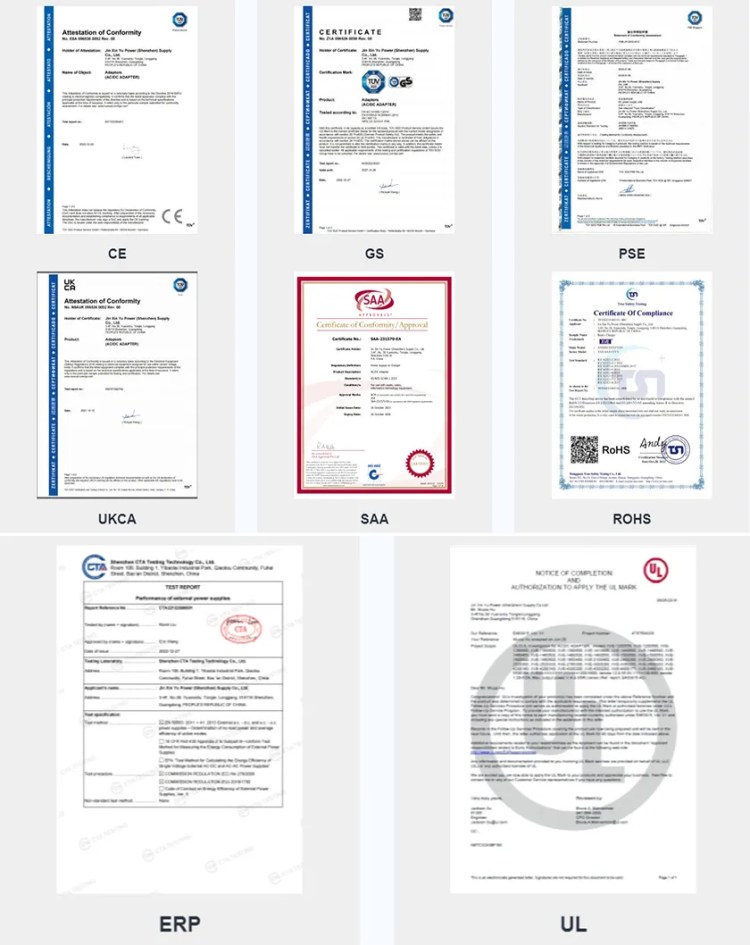In today’s world, charging technology has become an indispensable part of modern life. Whether it’s smartphones, electric vehicles, medical devices, or home appliances, advancements in charging technology are closely tied to our daily routines. With the widespread adoption of electric vehicles, particularly electric motorcycles, the pursuit of faster and more convenient charging has become a key focus for the industry.

Charging Speed: The Key to Efficiency Improvement
Charging speed is a critical metric for evaluating charging technology. As electric vehicles and electric motorcycles become more popular, consumers’ demands for shorter charging times have intensified. Traditional charging methods often require hours, or even longer, to fully charge an electric vehicle, which is increasingly incompatible with today’s fast-paced lifestyle.
To address this challenge, many companies are dedicated to developing new fast-charging technologies. For example, Tesla’s Superchargers can recharge a vehicle to 80% capacity in just 30 minutes. In the realm of electric motorcycles, the latest fast-charging technology can boost battery levels from 0% to 80% in just 45 minutes, as demonstrated by EMGo’s ScrAmper model. These technological advancements not only significantly reduce charging time but also enhance the overall user experience of electric vehicles.
Moreover, advancements in battery technology accompany the progress in fast charging. The use of new battery materials, such as solid-state batteries and lithium-ion batteries, allows for higher charging power, thereby shortening charging times. However, this high-power charging brings challenges related to heat management and battery lifespan. Balancing the increase in charging speed with ensuring battery safety and longevity remains a significant technical hurdle.

Charging Convenience: The Core of User Experience
In addition to speed, the convenience of charging is another major concern for consumers. Convenient charging methods can greatly increase the adoption rate of electric devices and improve user satisfaction. Wireless charging technology represents a significant breakthrough in this area. With wireless charging, users can easily charge their devices without needing to plug in any cables. This technology has already been widely used in smartphones and other small devices and is gradually expanding to electric vehicles and electric motorcycles.
Another direction in enhancing charging convenience is the development of multifunctional chargers. For instance, some electric motorcycles can now use electric vehicle charging stations, greatly expanding the availability and convenience of charging. This charger compatibility technology not only improves user convenience but also effectively reduces infrastructure construction costs.

The development of charging networks is also crucial for enhancing convenience. As electric vehicles become more popular, governments and companies worldwide are accelerating the deployment of charging infrastructure. A vast network of charging stations not only shortens the time users spend searching for a station but also effectively reduces charging wait times. In China, for example, State Grid Corporation and other companies have built a large number of charging points across major cities and highways, significantly improving the convenience of charging for electric vehicle and electric motorcycle users.
Safety and Reliability: Unavoidable Technical Challenges
While fast charging and convenience are major goals in the development of charging technology, safety and reliability are equally critical technical challenges. During fast charging, high current and high voltage can lead to issues such as battery overheating, charger malfunction, or even fires. Therefore, ensuring the safety and reliability of the charging process while increasing efficiency is a top priority for developers.

Many companies are addressing these challenges through smart charging management systems. These systems can monitor voltage, current, and temperature in real-time during the charging process and automatically adjust charging parameters to ensure safety. Moreover, the quality control and durability testing of chargers are crucial, particularly for their reliability under high-frequency use and extreme environmental conditions.
Since its founding in 2003, XVE has established itself as a leader in the global charging technology industry through its deep expertise in battery chargers and power adapters. XVE consistently adheres to principles of technological innovation and quality excellence, holding multiple international certifications such as CCC, CE, and FCC, ensuring that its products meet stringent global standards. XVE’s products are widely used in various sectors, including electric vehicles, smart home devices, and medical equipment, covering over 100 brands and showcasing its strong influence in the industry.

XVE’s products are not only rigorously tested to ensure a three-year warranty with an annual repair rate of less than 0.3%, but they also play a pivotal role in advancing the adoption and development of charging technology globally. Whether in the rapidly evolving field of electric vehicles or the expanding smart home market, XVE has set industry benchmarks with its superior product performance and reliable quality. Looking ahead, XVE will continue to lead the development of charging technology, supporting the global spread of green energy and contributing to the construction of a sustainable future.

